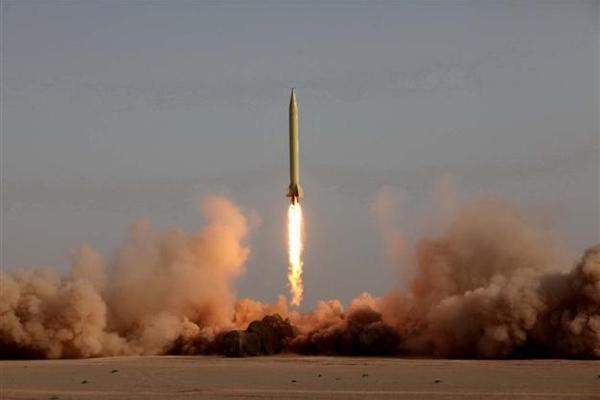Wary of jitters, Israel announces missile test
JERUSALEM - Reuters


Hürriyet photo
Israel took the unusual precaution of announcing yesterday that it would soon test-fire a ballistic interceptor missile, hoping to avoid stoking war tensions with Iran.Missile trials from a launch base near Tel Aviv, most recently in November, were not published in advance. As a result, the first Israeli media reports on them were based on often breathless witness accounts, rocking world energy markets until defence officials provided explanations.
State-run Israel Aerospace Industries (IAI) said in a statement that it would conduct its first test of the Arrow 3, a system developed in cooperation with the United States to shoot down ballistic missiles in space, "in the near future".
Israeli Prime Minister Benjamin Netanyahu has made veiled threats to attack Iran should diplomacy fail to rein in its nuclear programme. U.S. President Barack Obama, whom Netanyahu will visit next week, wants to pursue sanctions for now and has voiced concern about the risk of an Israeli-Iranian war.
An Israeli official, speaking on condition of anonymity, said the Arrow 3 test would entail firing a missile into space from Palmachim base south of Tel Aviv. It would take place after Monday's White House talks between Obama and Netanyahu.
"Yes, it's new," the official told Reuters about the decision to issue the IAI statement on Thursday.
"We want to avoid misunderstandings."
The official confirmed Israel wanted to limit the risk of aggravating the stand-off with Iran. Tehran denies seeking nuclear weaponry and has vowed to retaliate for any attack with missile strikes against Tel Aviv and U.S. assets in the Gulf.
Israeli capabilities
The chairman of the U.S. Joint Chiefs of Staff, General Martin Dempsey, questioned last month whether Israelis had the firepower to deliver lasting damage to Iran's distant, dispersed and well-defended nuclear facilities.
Some experts suspect Israel might be bluffing about an attack to maintain pressure on Iran by war-wary world powers.
But Israeli Defence Minister Ehud Barak and some former members of his top brass have turned to the American media to signal their seriousness and capabilities against Iran.
Among them is Amos Yadlin. One of the Israeli pilots who bombed Iraq's atomic reactor at Osirak in 1981, a mission that astonished Washington for its long-range precision, Yadlin wrote in the New York Times on Wednesday: "The mistake then, as now, was to underestimate Israel's military ingenuity."
He went on to serve as Israel's head of military intelligence, helping plan a 2007 sortie against Syria which the United States said razed a secret North Korean-built reactor.
Israel has never confirmed striking Syria nor discussed the nature of the target, which Damascus denied was a nuclear site.
But Yadlin, who left the military in 2010, broke with the official silence to argue in favour of Israel's strategy.
"After the Osirak attack and the destruction of the Syrian reactor in 2007, the Iraqi and Syrian nuclear programs were never fully resumed," he wrote in the newspaper.
